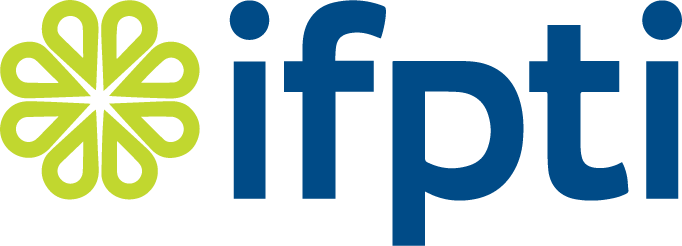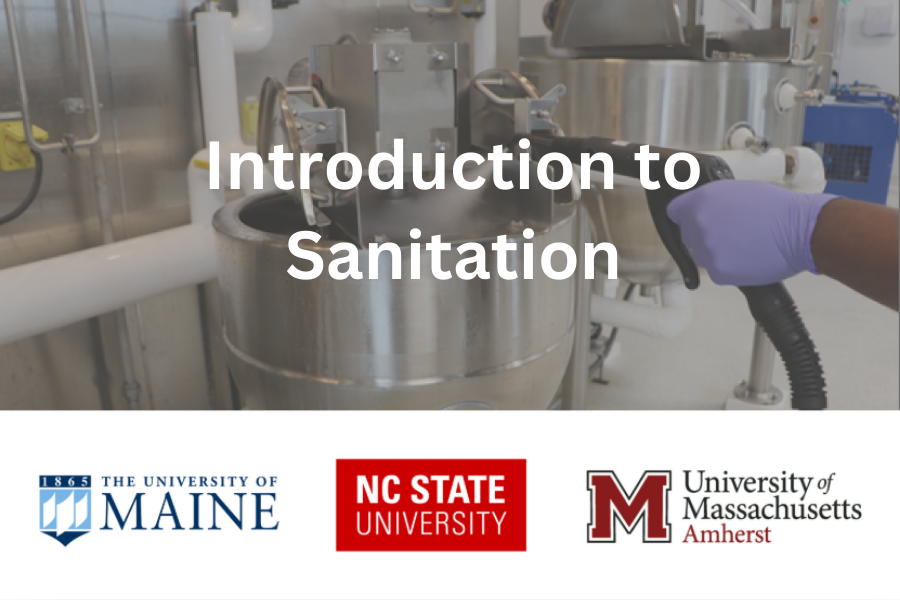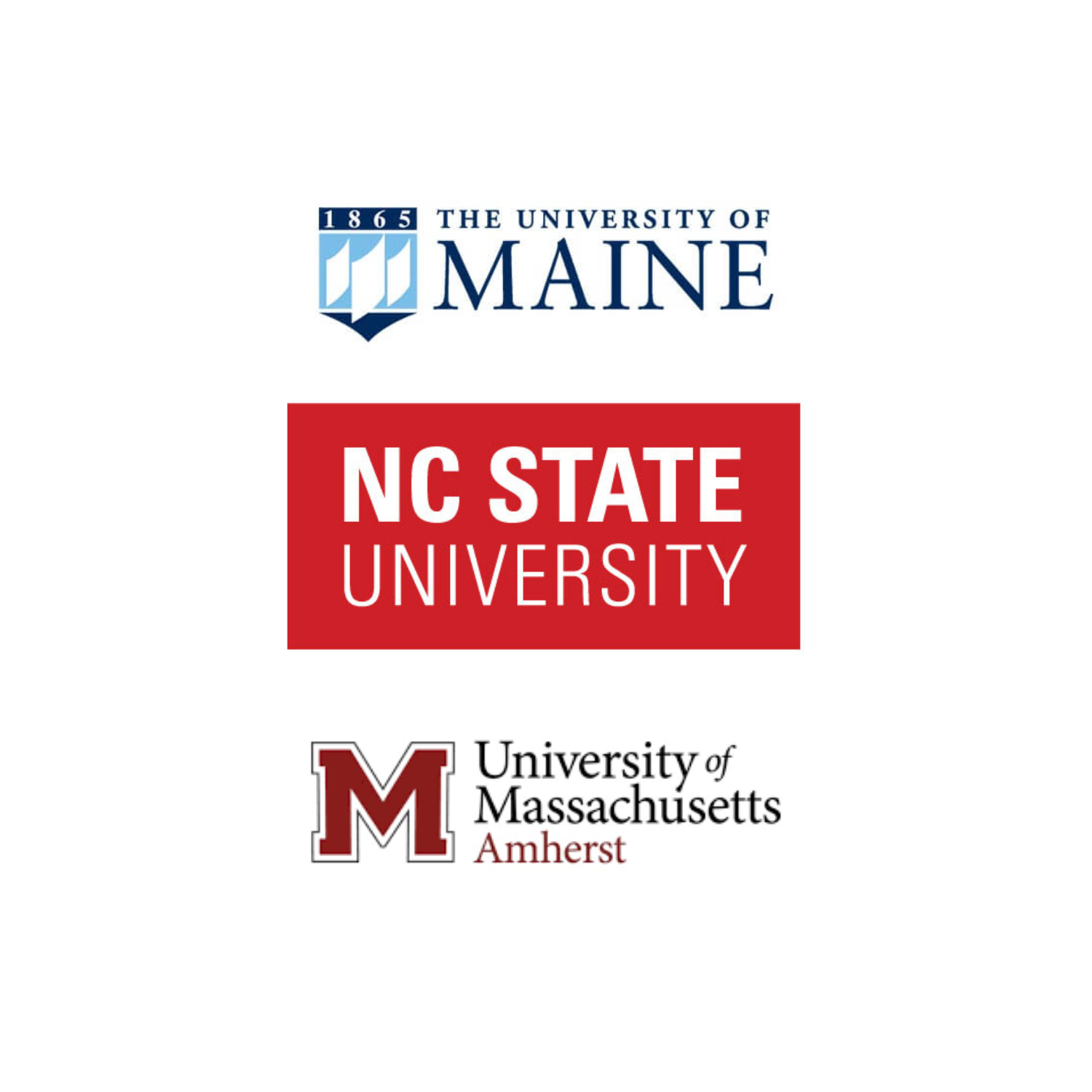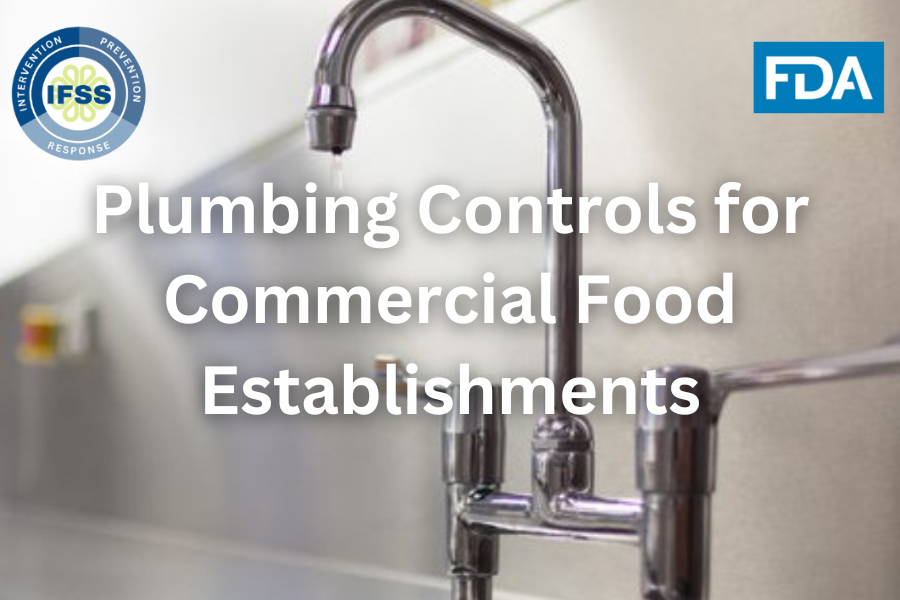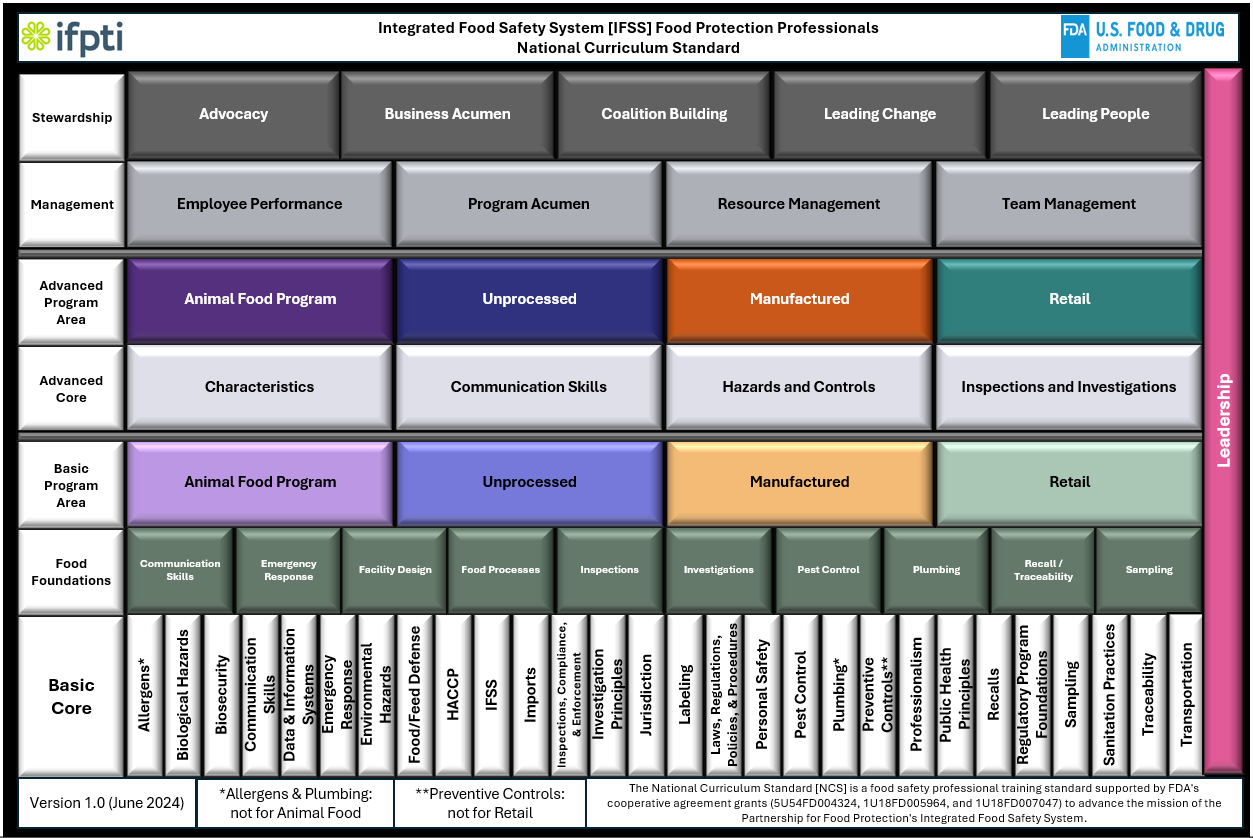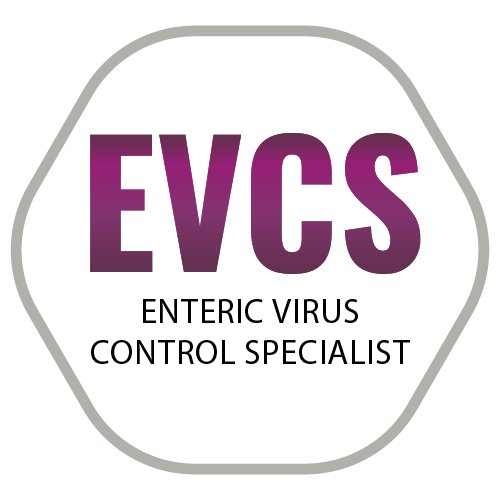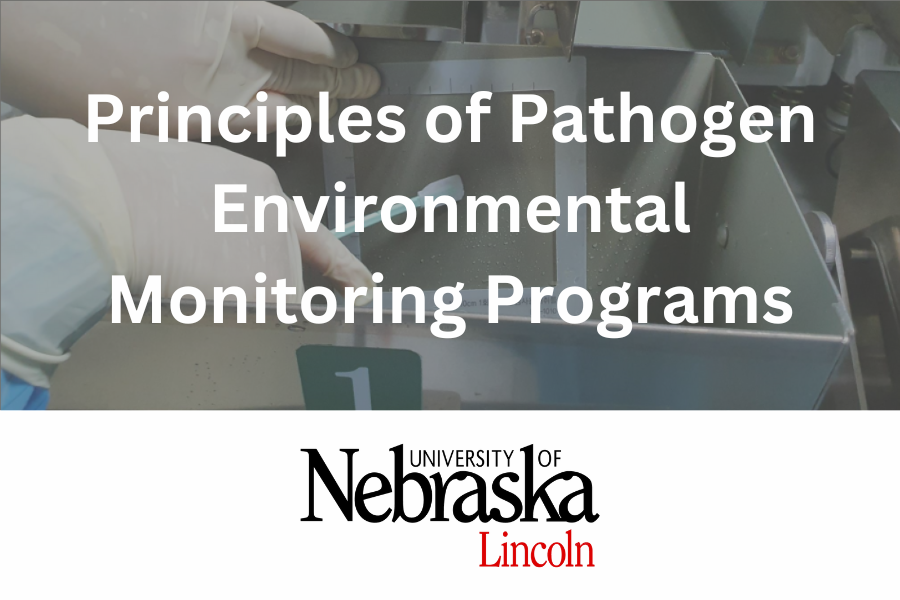 Image 1 of 1
Image 1 of 1


Principles of Pathogen Environmental Monitoring Programs
BACKGROUND:
This course provides the foundation for the development and implementation of Pathogen Environmental Monitoring Programs (PEMP) in food manufacturing, particularly in for the ready-to-eat (RTE) food industry. Participants will gain practical knowledge in regulatory expectations, sanitation controls, hygienic zoning, and environmental sampling.
WHO SHOULD ATTEND?
QA/QC, sanitation, and production personnel working in food manufacturing or ingredient processing facilities
Regulatory professionals responsible for assessing food safety plans and industry compliance
Individuals seeking to understand or apply Pathogen Environmental Monitoring Program (PEMP) principles in the food industry
LEARNING OBJECTIVES:
Understand regulatory frameworks for pathogen environmental control
Identify risk factors and pathogen behavior (focus on Listeria monocytogenes)
Design sampling plans and interpret EMP data
Implement hygienic zoning and sanitation best practices
Apply corrective actions and conduct root cause analyses
COURSE OUTLINE:
Regulatory foundations (FDA & USDA-FSIS requirements)
Listeria monocytogenes in RTE food environments
Sanitation controls and SSOPs
Hygienic zoning and facility design
Environmental sampling strategies
Interpreting test results and corrective actions
Designing and implementing an effective EMP
BACKGROUND:
This course provides the foundation for the development and implementation of Pathogen Environmental Monitoring Programs (PEMP) in food manufacturing, particularly in for the ready-to-eat (RTE) food industry. Participants will gain practical knowledge in regulatory expectations, sanitation controls, hygienic zoning, and environmental sampling.
WHO SHOULD ATTEND?
QA/QC, sanitation, and production personnel working in food manufacturing or ingredient processing facilities
Regulatory professionals responsible for assessing food safety plans and industry compliance
Individuals seeking to understand or apply Pathogen Environmental Monitoring Program (PEMP) principles in the food industry
LEARNING OBJECTIVES:
Understand regulatory frameworks for pathogen environmental control
Identify risk factors and pathogen behavior (focus on Listeria monocytogenes)
Design sampling plans and interpret EMP data
Implement hygienic zoning and sanitation best practices
Apply corrective actions and conduct root cause analyses
COURSE OUTLINE:
Regulatory foundations (FDA & USDA-FSIS requirements)
Listeria monocytogenes in RTE food environments
Sanitation controls and SSOPs
Hygienic zoning and facility design
Environmental sampling strategies
Interpreting test results and corrective actions
Designing and implementing an effective EMP
